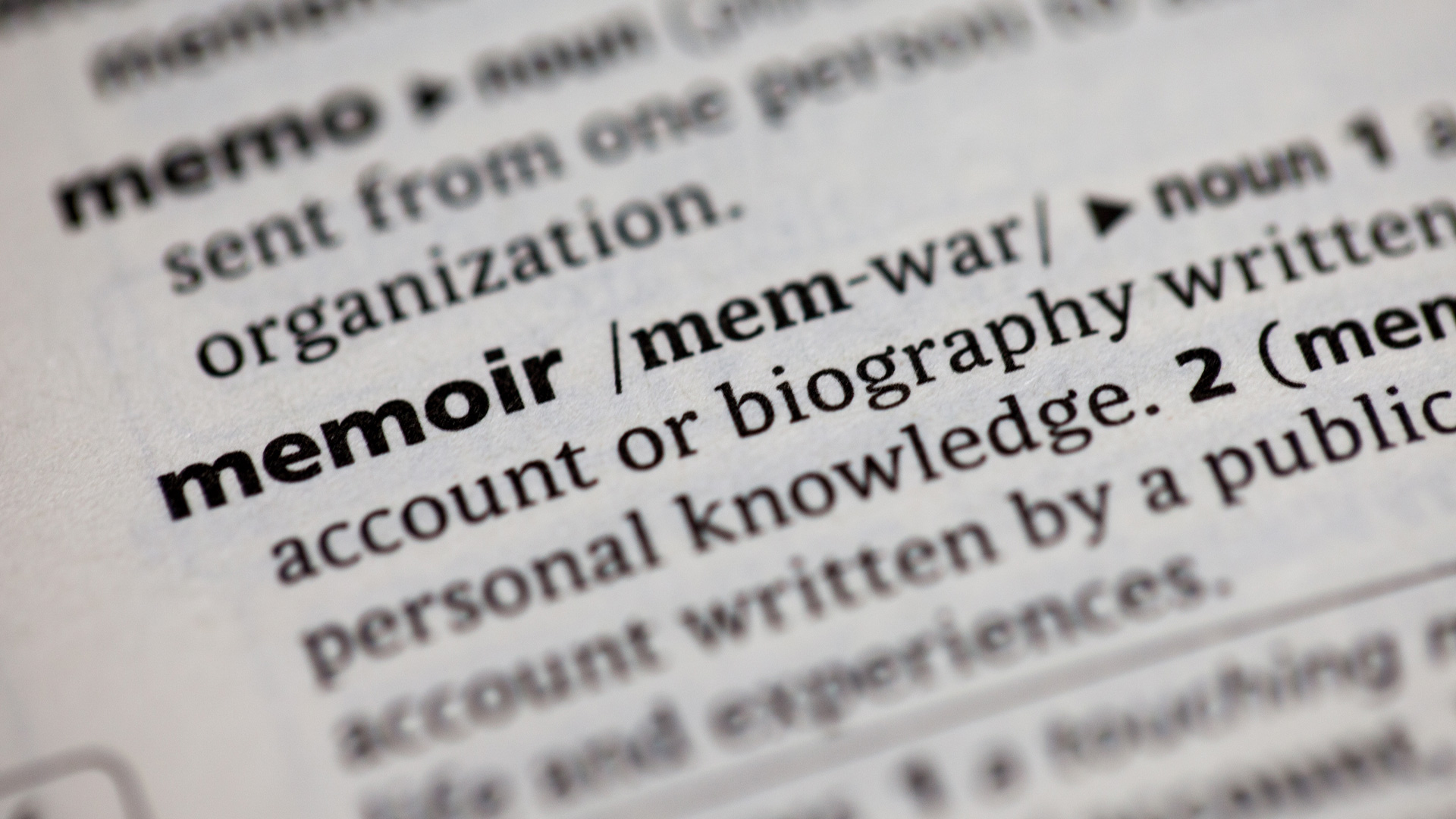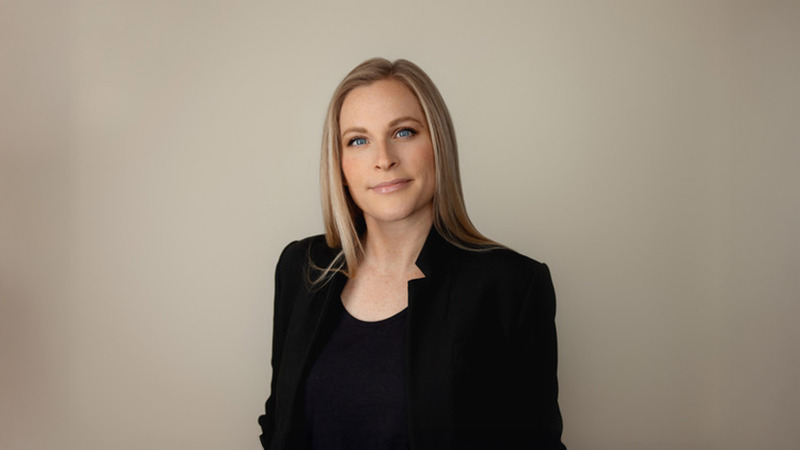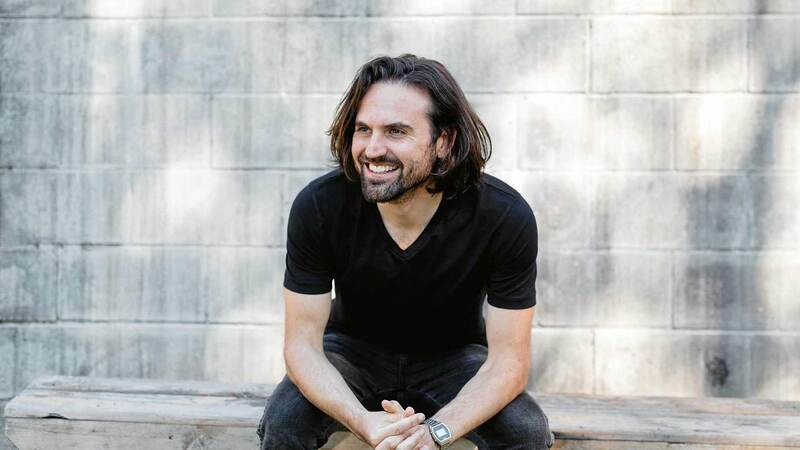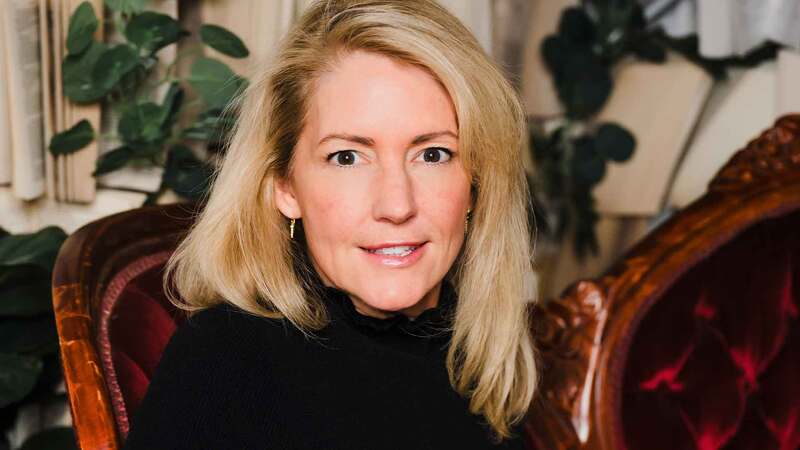You are viewing your 1 free article this month. Login to read more articles.
Life support
Memoirs can be harrowing to write. Is the industry doing enough to support their authors?
Are we doing enough to support authors of memoir?
I can remember the first four memoirs I ever read. Boy, and its sequel, Going Solo by Roald Dahl, Richard Feynman’s Surely You’re Joking Mr Feynman and Martha Graham’s Blood Memory. I can remember how much it blew my mind to hear the true story behind Charlie and the Chocolate Factory, as boarding school-ensconced Dahl unwrapped his samples as a chocolate tester. How Going Solo showed me the Second World War experience which my own grandfather could not speak about. How I thought being a physicist must be the coolest job ever because of all the pranks you got to play. And how reading about the beautiful, powerful origins of the movements I was learning in dance classes is what sent me off to dancing school and framed the way I thought about physicality forever.
As an agent—and one who loves working with memoir— the bleakest moments of my career have been alongside authors for whom the process has been incredibly destructive
People love, and will always love, what Cathy Rentzenbrink so beautifully calls life-writing. Whether it’s the delicious behind-the-scenes stories of our favourite musicians or actors, a dramatic real-life tale of triumph over adversity, or a searing meditation on the most extreme of human emotions—love, loss, grief.
But increasingly I wonder if our industry is doing anywhere near enough to safeguard the authors who are brave enough to tell their own stories. As we—happily—seek out more memoirs from underrepresented demographics, our responsibility as custodians of their lives on paper is even greater.
As an agent—and one who loves working with memoir—the bleakest moments of my career have been alongside authors for whom the process has been incredibly destructive. The author who had to come off benefits when receiving her (modest) signature advance and came close to losing her house when the delivery advance was endlessly delayed. The author whose book was pulled weeks from publication due to it failing a legal read. The Black author who cried in her paperback planning meeting, feeling that the hardback not meeting sales expectations meant that the publisher would never acquire a book from someone who looked like her again and that this was her fault.
Writing memoir, whether with a ghost writer or by yourself, is by definition going to involve revisiting the most painful and traumatic times in your life, perhaps sharing them for the very first time. Let’s face it—a memoir with no adversity whatsoever would be a pretty dull read. Writing a memoir is going to involve constant painful decision-making about what to reveal of your family and friends, soul-searching about what your parents or children will think when they read it. That sounds so completely paralysing it’s a miracle anyone manages it. Often memoirs are first books, often from people with no understanding of what the process will entail. To ask someone to think again and again about their most difficult times— to a strict deadline with scary contract wording hanging over you—surely requires serious mental health support. Pastoral care is fundamental to being an agent for me—and I know for many editors too—but we are not trained therapists and there is a clear potential conflict between commercial interests and the health of our clients.
At a time where everyone has an opinion on Spare, it’s hard not to think that the advice being given to Harry about the opportunity to "tell his truth" by the global army of agents, publishers, news editors, producers and publicists was mostly to do with the dollar signs in their own eyes. If he’d put his trust fund into property, a couple of accountants and estate agents might have made some cash out of him but that’s it.
Even if you have got through the writing process unscathed, the promotional period is something else: you are now expected to talk publicly in conversation, the nuance you crafted on the page is lost, it’s hard to say exactly what you mean. In our clickbait universe interviewers goad you towards the most shocking headline. And if your book is successful, so the interviews continue and the book tour goes international. As you become burnt out you feel like you can only be grateful—to complain would be so churlish when so many dream of having such success. You’re told you have to ignore every biting personal comment you read because "they’re just jealous".
This is why memoir is different. Criticism does not come in the form of artistic review but as personality evaluation. If you read "Omg the mum was a total bitch", that’s your mum, not a character you created. When you show up to a publishing meeting and someone is listless, distracted or unprepared, it’s your life they are being cavalier about.
In recent years, an added dimension of the publishing process which affects autobiography more than any other genre is the legal read. The process is often chaotic, with internal lawyers, external counsel, editors and copy editors weighing in with multiple mismanaged documents and a huge lack of clarity about why changes are being requested. Not to mention the author often has to contribute to its cost, and sometimes the delivery advance won’t be released until this process—completely out of the author’s hands—is complete. The author needs to be informed of the parameters the publisher will enforce before they start writing. Indeed, I think it is going to have to be part of the conversation at pitch stage. Since publishers have different views on what is legally risky the author needs to choose the one who will legally support them in telling their story. Often, authors writing exposés of any kind have been repeatedly silenced through their lives and the book is their one chance to redress that. If they are told, after two years of emotionally gruelling work on the book, that they have to insert "it seemed" before everything that definitely happened to them and to remove important sections, of course they will feel like the publishing industry is also trying to silence them. We could avoid this by being much clearer up front. Some people may choose not to do a book at all with that knowledge. What’s the point?
The peer comparison which all authors face in a social media universe seems particularly harsh for memoirists. The story for which you excavated your soul seems to be hidden from public view while all around you other people’s memoirs are soaring into every media outlet—this can only mean your life is worthless. We can remind them they are comparing public with private and everyone’s campaign looks great on Instagram but how can we know how serious a toll the experience is taking on them?
Having read a stunning addiction memoir recently I learned that shortly after publication the author relapsed. Should there have been more evaluation of his mental health before the book was acquired?
Sylvia Plath died of suicide shortly after her autobiographical novel The Bell Jar was published. I wonder: did the telling of her story to the world contribute to her desperation?
I’m hearing a lot that memoir is a tough category at the moment with various market reasons being suggested as to why. Maybe in the lull where there is caution about their acquisition we can all reflect and put systems in place so the next wave of fearless life-writers entrusting us with their precious cargo can expect something much better.


















